Six Middle Tennessee State University STEM students spent the summer exploring pathways to graduate degrees during the pilot Undergraduate Experiential Training, or U*NEXT, a 10-week immersive program.

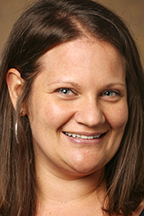
Spearheaded by Tiffany D. Rogers, assistant professor in the Department of Psychology, and April Weissmiller, assistant professor in the Department of Biology, the U*NEXT program paired the students with faculty mentors.
“The program is meant to help increase the diversity of underrepresented groups to be able to access STEM careers,” Rogers said, noting that an application for grant funding from the National Institutes of Health, or NIH, is anticipated. Plans are to continue offering the summer programming annually.
Those underrepresented groups can include racially and culturally diverse students as well as first-generation college students and those with socioeconomic challenges. U*NEXT is mainly designed for rising sophomores and juniors, but there was one senior in the mix. Each received a stipend of $5,000, with an additional $500 for supplies provided to the faculty mentor.
Trainees spent 30 hours each week working in a laboratory setting to learn interdisciplinary research and laboratory skills through faculty-mentored research experiences, professional development sessions, and specialized research-oriented workshops that expose the students to interdisciplinary research approaches. They were also given detailed instructions for applying to graduate programs and met twice weekly for group discussions.
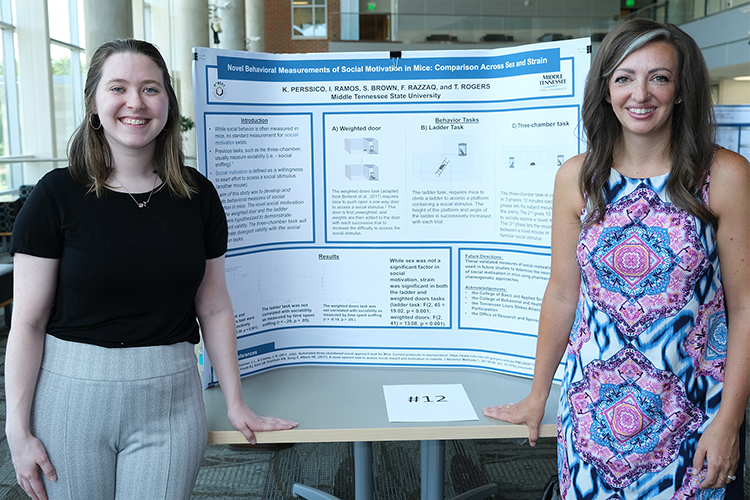
Conclusions of their research were presented in front of faculty and peers at the end of the program.
Students in the inaugural cohort included Lydia Samuel, Hannah Sisk, Carlos Aldana Lira, Kamil Tanas, Kendall Perssico and Jennifer Milad.
Perssico, a senior psychology student from Nashville, Tennessee, said U*NEXT was very beneficial as she sets her sights on graduate school.
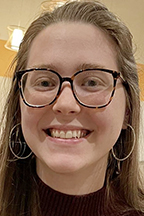
“I’m getting close to applying to graduate programs and Dr. Weissmiller said we could go straight into a Ph.D. program (instead of getting a master’s degree first),” said Perssico, whose main goal is to pursue a Ph.D. in neuroscience. So she was happy to be partnered with Rogers, whose expertise is in neuroscience.
“This summer I spent my time trying to develop and validate new social motivation tasks to measure social motivation of mice,” Perssico explained, adding that she appreciated the interdisciplinary aspect of the program, too.
In addition to focusing on their areas of interest, students were exposed to other areas of study, such as computer science, physics and chemistry.
Learn more about U*NEXT by visiting www.mtsu.edu/cbas/UNEXT.php.
— Nancy DeGennaro (Nancy.DeGennaro@mtsu.edu)
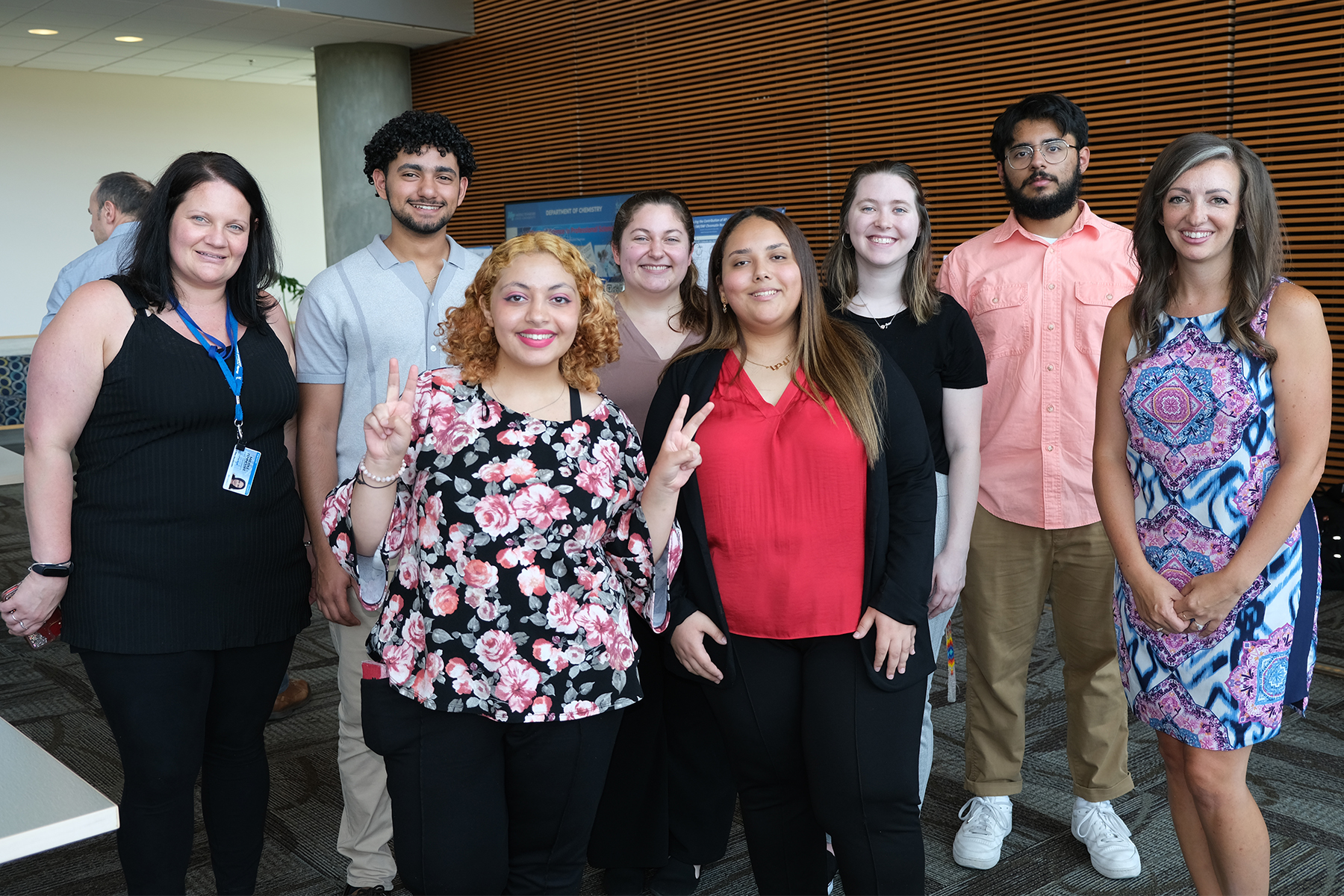

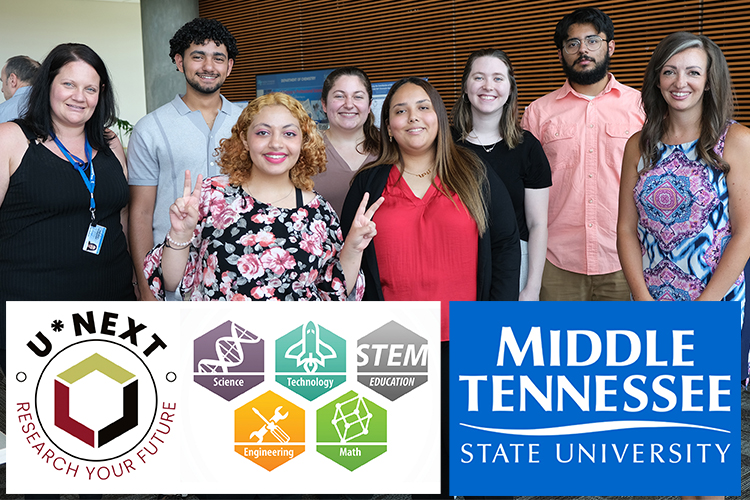
COMMENTS ARE OFF THIS POST